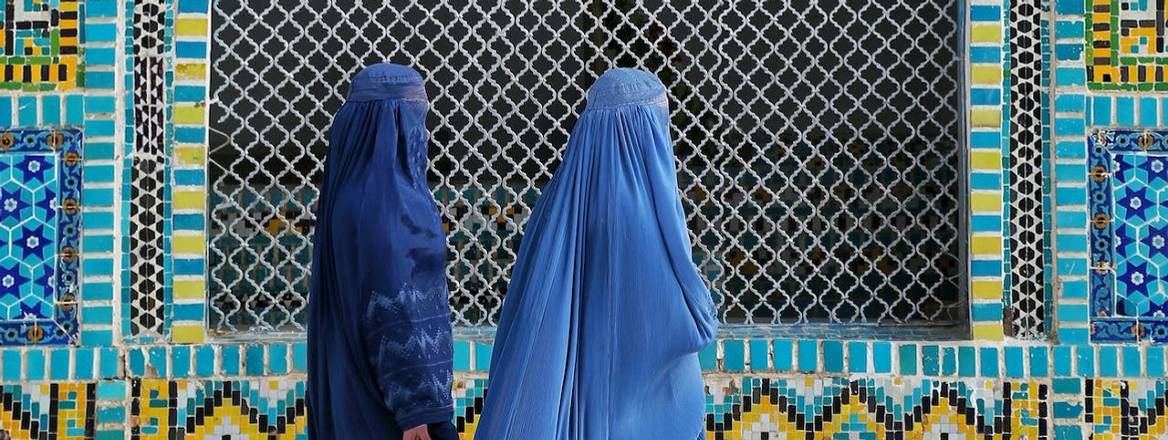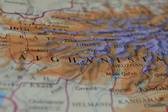Implementing Gender-Sensitive Preventing and Countering Violent Extremism Programming
STRIVE Afghanistan Practitioner Summary
STRIVE Afghanistan has explicitly put gender sensitivity and responsiveness at the centre of all programme activities and interventions. However, the deeply patriarchal context of Afghanistan and entrenched social norms around gender and gender roles have made this challenging. Incorporating a gender-specific focus across all STRIVE components was only made more difficult following the fall of Kabul in August 2021, given the Taliban’s continuing opposition to gender equality.
This programme included a significant research study on the role of gender in Taliban and IS-K recruitment based on 34 in-depth semi-structured interviews (23 men and 11 women), of whom 19 were from the Afghan diaspora and 15 were in Afghanistan. Four focus group discussions were also held with a total of 55 people (24 men and 31 women). A key finding of this research was that gender plays an important role in the recruitment narratives of the Taliban and IS-K. Social norms dictating that men should provide for their families have been harnessed to push non-ideologically motivated individuals towards violent extremist organisations. Both the Taliban and IS-K employ messaging specifically aimed at women in their online recruitment efforts. The combination of increased literacy, access to technology, and being essentially imprisoned at home and deprived of many of their fundamental rights by the Taliban may also push some young women towards IS-K. This research also identified that the notable growth in unregulated madrasa education for women had significantly impacted the context in which contemporary radicalisation is taking place.
In addition, programme research has shown that, unlike the Taliban, IS-K has also accepted female recruits. Several women have volunteered to join IS-K and appear to have been given non-combat duties, such as assisting with the production of propaganda materials. A large number of women have also followed their husbands into IS-K and received military training, occasionally taking part in clashes in urban areas. At the same time, there are indications that understanding local perceptions of masculinity can help identify vulnerabilities in IS-K narratives. For example, when funding for IS-K severely declined in late 2022 and early 2023, morale among villagers aligned with IS-K collapsed because suddenly many men were no longer in a position to provide for their families and fulfil their role as head of the household, with some even having to beg for food from relatives.
These findings informed STRIVE Afghanistan interventions to disrupt IS-K’s online recruitment and redirect potentially at-risk populations away from IS-K material. More than 18% of the counter-brand content developed was dedicated to countering gender-based narratives.
The training delivered to journalists as part of STRIVE Afghanistan included an emphasis on a gender-sensitive approach and addressing gender-based inequalities as critical elements of conflict-sensitive reporting. A Gender Advisor worked with the STRIVE Afghanistan team to ensure that curriculum development, train-the-trainer activities, journalist training and mentorship phases all addressed gender-related issues. Severe travel and employment restrictions, against the backdrop of a residual gender imbalance in a media sector tilted strongly towards male employees, reduced our ability to achieve gender parity in the training. However, we did manage to ensure that a quarter of the journalists trained were women.
Related Practitioner Summaries
Project sponsor
Funded by the European Union
The research on which this summary is based was funded by the European Union. The contents are the sole responsibility of the authors and do not necessarily reflect the views of the European Union. The European Union holds full copyright for the text of this summary.








